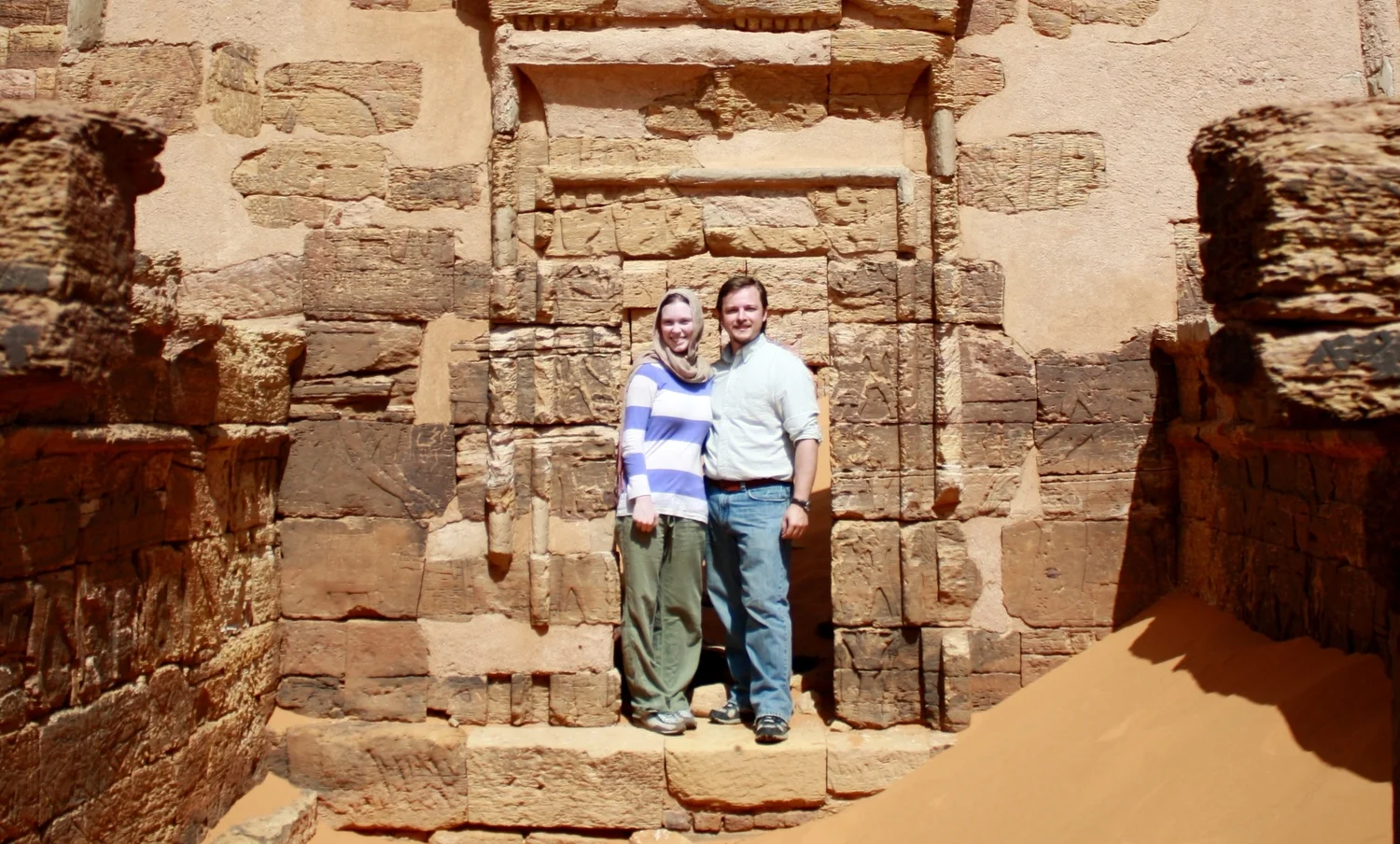I look at the United States from the far side of the ocean.
My first memories aren’t from St. Louis or Missouri where I was born but from San Jose, Costa Rica. I remember drinking soda from a plastic bag walking through vast banana plantations.
From there we moved to Equatorial Guinea, the heart of the African rainforest, and my childhood began. The island was my hometown. I walked and played and lived.
I lived the stories of adventurers cutting through the bush walking through the cocoa fields with my friends. I climbed up on the rooftops where we trapped birds in carefully propped up boxes with sticks and string.
I watched from the rooftops of my island home as the fruit bats and white egrets soared and cast shadows. It seemed everywhere I went pied crows, with their monochromatic feathers like pressed tuxedos, were dancing on rusty metal roofs.
It was my world and I knew it well.
And then we came back to America. We got on a plane for the United States and I watched my island paradise disappear beneath the clouds and I cried.
America was different. America is different. I don’t know anyone in the States who owned an African grey parrot or played with gorillas. America was “other” to me. In many ways, it still is.
And then one day I saw a bird unlike any other my African eyes had seen before. It’s black frame was iridescent. As it moved its black speckled feathers sang out in green, purple and blue tones. The starling became my favorite American bird.
Imagine my surprise when I discovered that the starling was not native to America! In 1890, according to Noah Strycker, an eccentric pharmacist from New York introduced several European birds to the United States. One by one the other birds died out, except the starling. They took to their new culture, skillfully adapting to their new environment, even learning to mimic the sounds of twenty native birds. Today there are over 120 million starlings in North America from those original transplanted few.
No wonder I was drawn to these birds! They are third culture birds just as I was a third culture kid! They came from a different place but rooted themselves in a new country, adapting to their sights and sounds to be like their new home.
In a way my parents, and other pioneer church planters, were like the first starlings carried into a strange land. In their transplanted hearts they translated the blessing that must be sung in every tongue among every tribe and people (Genesis 12.1-3). They left their homes, their cultures and their worlds behind. Today, countless sons and daughters have grown to maturity in Equatorial Guinea and across the continent, singing the gospel in languages like Fang, Kikuyu and Serer. And from that small island the good news is spreading out as a new generation is migrating across Africa and Europe.
Today, a new generation of church planters are being born in Senegal. In our lives, moved by the same rhythm, arm and arm toward the vision of an increasingly redeemed and transformed Africa. Our dream to see these two fledging churches in Dakar produce one hundred new churches in the capital city, and another two hundred churches throughout the country, seems impossible! But it only seems impossible because it’s never been done before. 120 million starlings in America seemed impossible in 1890. A thriving indigenous church in Equatorial Guinea seemed impossible 1980.
Churches filled with redeemed and transformed Wolof, Pulaar and Jola followers of Jesus only seems impossible today because they do not exist today. Today, we can only believe! We can only open ourselves to the lordship of the One who transplants us into the lives and lostness of unreached peoples between the house of God and the ruins of this spiritually lost world, believing that as we worship Him among them He who began a good work in us is faithful to complete it (Genesis 12.8, Philippians 1.5-6, 12).
Thank you for sending our family, as your personal link from the local church to the unreached, like transplanted starlings into new countries, languages and cultures. Thank you for exercising eternal influence praying for our family, our African brothers and sisters, and the lost.
